In the field of engineering, slurry pumps and mortar pumps are two common types of pumping equipment. Despite their similar names, they differ in terms of performance and application. This article aims to explore the distinctions between slurry pumps and mortar pumps to better understand their characteristics and application scenarios in construction and industrial production.
1.Definition and Basic Principles
A slurry pump is a device used to transport high-concentration particle suspensions. It is primarily applied in industries such as mining, metallurgy, coal, and chemical, for conveying ores, coal slurry, tailings, and waste materials. On the other hand, a mortar pump is designed to transport materials like mortar, concrete, and similar substances. It finds applications in construction and tunnel engineering for the conveyance of concrete, mortar, and cement.
2.Differences in Pump Structure and Components
Slurry pumps and mortar pumps exhibit some structural differences. Slurry pumps typically have larger inlet and outlet diameters to accommodate liquids containing large particles. Their components usually include an inlet pipe, impeller, casing, and discharge pipe. In contrast, mortar pumps have relatively simpler structures, typically consisting of an inlet pipe, screw impeller, casing, and outlet port. The inlet and outlet diameters of mortar pumps are relatively smaller, making them suitable for conveying viscous materials like mortar and concrete.
3.Variations in Working Principles and Performance Characteristics
The working principle of a slurry pump involves the suction of slurry through the rotation of the impeller, by its transportation through pipelines. Due to the presence of particles in the slurry, slurry pumps are often equipped with excellent wear resistance and sediment handling capabilities. Conversely, a mortar pump operates by sucking mortar from the inlet and pushing it to the outlet under pressure using a screw impeller. Mortar pumps typically possess high conveying capacities and pressure capabilities.
4.Differences in Application Scenarios
Slurry pumps are mainly employed in industries such as mining, metallurgy, and chemical, where they handle high-concentration particle suspensions like coal slurry, mineral slurry, and waste materials. The primary advantage of slurry pumps lies in their ability to handle high concentrations, high viscosity, and significant amounts of particles in the liquid being transported. On the other hand, mortar pumps find extensive usage in construction and tunnel engineering, where they transport materials like concrete, mortar, and cement. The key advantage of mortar pumps lies in their ability to handle high viscosity and high-pressure requirements.
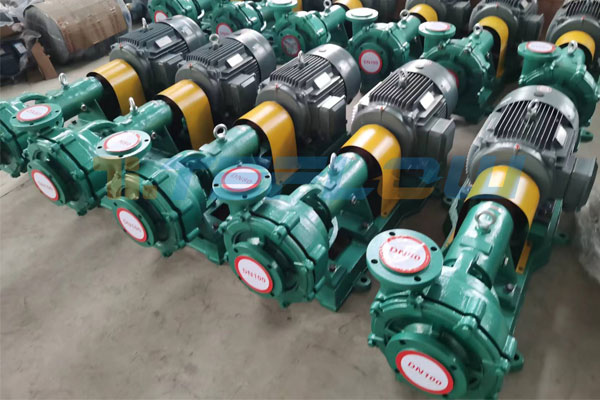
Despite their similar names, slurry pumps and mortar pumps exhibit distinct differences in terms of performance and application. Slurry pumps are primarily used for transporting high-concentration particle suspensions, while mortar pumps are designed for conveying materials like mortar, concrete, and cement. Understanding these disparities is crucial for selecting and applying the appropriate pumping equipment in engineering projects. Choosing the right pump based on specific conveying requirements and medium characteristics can enhance operational efficiency, reduce energy consumption, and ensure reliable equipment performance.





 +86 18130251359
+86 18130251359 teflowpumps@tlpumps.com
teflowpumps@tlpumps.com

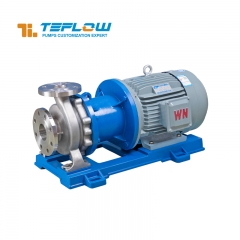
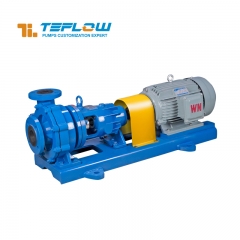
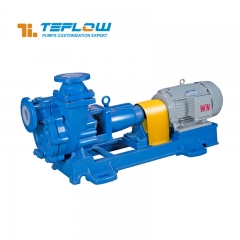
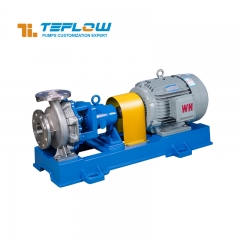








 +86+0563-5093318
+86+0563-5093318
